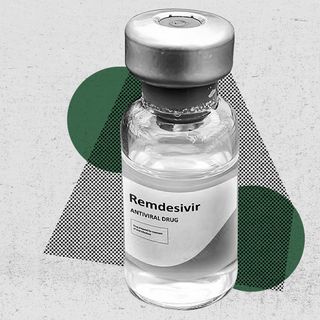A new study by American researchers shows that high estrogen levels may make alcohol consumption more rewarding to women than men — increasing their likelihood alcohol abuse, and especially, binge-drinking.
Performed by the University of Illinois at Chicago, and supported by the National Institute on Alcohol Abuse and Alcoholism, the research was published in the Journal of Neuroscience on Monday. The study involved two experiments performed on mice, both of which focused on estrogen receptors in the brain in order to determine how estrogen regulates alcohol sensitivity. Estrogen is a hormone commonly associated with menstruation and reproduction in female bodies. However, it is present in both men and women, and has other functions too, like keeping cholesterol in check, protecting bone and health, and controlling emotions.
In the first experiment, the researchers examined post-mortem brain tissue samples from female mice in two reproductive cycle phases characterized respectively by high and low estrogen levels. Then, activating the estrogen receptors in the tissues, the scientists began to track how dopamine neurons, associated with the pleasure and reward center of the brain, responded to alcohol. The results showed that these dopamine neurons fired at increased rates in response to alcohol, especially in the tissues taken from mice in high-estrogen phases. This led the researchers to believe that the spike in dopamine suggests a greater feeling of pleasure when drinking, raising the likelihood for alcohol abuse, and more specifically, binge-drinking behavior.
Related on The Swaddle:
Why is Lockdown Boredom Pushing People to Smoke, Drink and Snack More?
Meanwhile, in the second experiment, the researchers blocked estrogen receptors located in the ventral tegmental area of the brain, which contains the dopamine neurons and is associated with drug use, for both female and male mice. Then, they began tracking behavior of mice in relation to alcohol consumption. Interestingly, the scientists found that only the female mice exhibited decreased drinking behavior when the estrogen levels were lowered — suggesting that estrogen makes alcohol more appealing to women.
In essence, the research concluded that estrogen has compelling effects on the dopamine system of women in terms of alcohol use, and can also increase the vulnerability of women to develop an addiction to alcohol due to a more heightened sense of pleasure derived from it on account of the estrogen.
“This is a novel finding that suggests there may be a sex-specific role of estrogen receptors in the [brain] when it comes to alcohol use. [It will help] provide better education to women on how drinking may affect them differently during various stages of their reproductive cycle. There is evidence that women transition more rapidly from problematic alcohol drinking to having an alcohol use disorder and suffer from the negative health effects of alcohol, such as increased cancer risk, liver damage, heart disease and brain damage,” Dr. Amy W. Lasek, Associate Professor of Psychiatry, and Anatomy and Cell Biology, who was involved in the study, said.
Just like the researchers in the study recommend, treatment for alcohol use disorder can be more effective if sex differences are taken into consideration. And, studies that aim to understand how sex differences manifest into alcohol use, or abuse, patterns constitute the first step in that direction. “As we learn more about the role of estrogen in sensitizing the brain to the effects of alcohol, we may be able to develop more tailored treatments for alcohol use disorder,” Dr. Lasek added.




